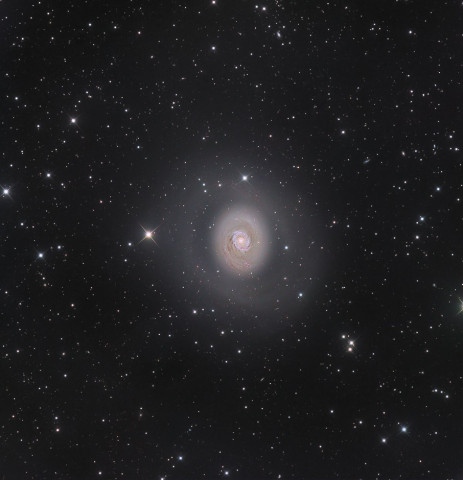Pakistani scientists invited to watch China's space flight launch
China and Pakistan set to invest $46 million to launch satellite in 2018

Scientists from Germany, Russia, Italy and France have also been invited to watch the launch of Shenzhou 11, a commentator on state-run CCTV said Friday night.
China eyes year-long stays for space station astronauts
The manned space flight, Shenzhou 11, will be propelled into space next month from Inner Mongolia, sending two astronauts to join a space lab, Tiangong 2. The lab is expected to operate over the next five years. It will coexist with Tiangong 1, which is expected to crash to Earth next year. The astronauts are scheduled to spend 30 days in orbit at the lab conducting experiments. Shenzhou 11 is part of China's plans to build its manned space station by 2022.
China has greatly assisted Pakistan's space programme, launching Pakistan's communication Satellite PAKSAT-1R in 2011. Reports from Islamabad have stated that the two countries are set to invest $46 million to launch a remote sensing satellite in 2018 to monitor China-Pakistan Economic Corridor.
Three astronauts from International Space Station make parachute landing
On Friday, a senior project designer told Chinese media that Beijing could send astronauts to its space station for more than a year at a time once it goes operational in 2022. The country’s second space lab, the Tiangong-2 — or Heavenly Palace-2 — blasted off Thursday night from the Gobi desert and is expected to operate for at least two years, the latest stage of the Asia’s giant’s ambitious space programme.
Construction on a space station will start in as early as 2017 and take around three years, before it enters into service in 2022, the official Xinhua news agency reported, citing Zhu Zongpeng, chief designer of the space lab system. Astronauts could be stationed in orbit for missions that last for more than one year in the facility, which has an initial designed life of at least 10 years, Zhu said, according to the report. The longest single stay in space by a human so far is 437 days by Russian cosmonaut Valeri Polyakov.
This article originally appeared on Times of India.



















COMMENTS
Comments are moderated and generally will be posted if they are on-topic and not abusive.
For more information, please see our Comments FAQ